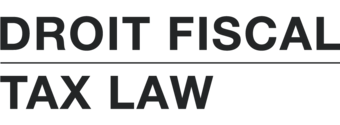GST registrants can claim input tax credits (“ITCs”) on purchases made in the course of their commercial activities. These ITCs can be used to offset the GST that they are required to collect and remit. In situations where the ITCs exceed the GST collected, registrants are entitled to a net tax refund.
Directors Have to Show Real “Concern” About a Corporation’s Tax Obligations
The role of director of a corporation comes with privileges, but also responsibilities. In the context of taxation, directors have a duty to ensure that source withholdings, including GST and QST, are collected by the corporation and remitted to the tax authorities.
Trust Prevented from Going Back on Its CCA Filing
The St. Benedict Catholic Secondary School Trust (the “Trust”) had a leasehold interest in the school bearing its name and surrounding land (class 13 property). From 1997 to 2003, the Trust claimed CCA and triggered non-capital losses (“NCLs”).
There Must Be an Intention to Profit for a Business to Exist
In Canada v. Paletta, the Federal Court of Appeal clarified that, in order for a business to exist, there must be an intention to earn a profit. Absent such intention, there is no business and therefore no “source of income”.
Executor Left with Hefty Tax Bill
When the taxpayer’s father passed away in 1994, the taxpayer and his brother became executors of his estate. The taxpayer was appointed as an executor although he did not receive anything under the will, as most of the estate was left to the taxpayer’s brother and their children (and grandchildren).
